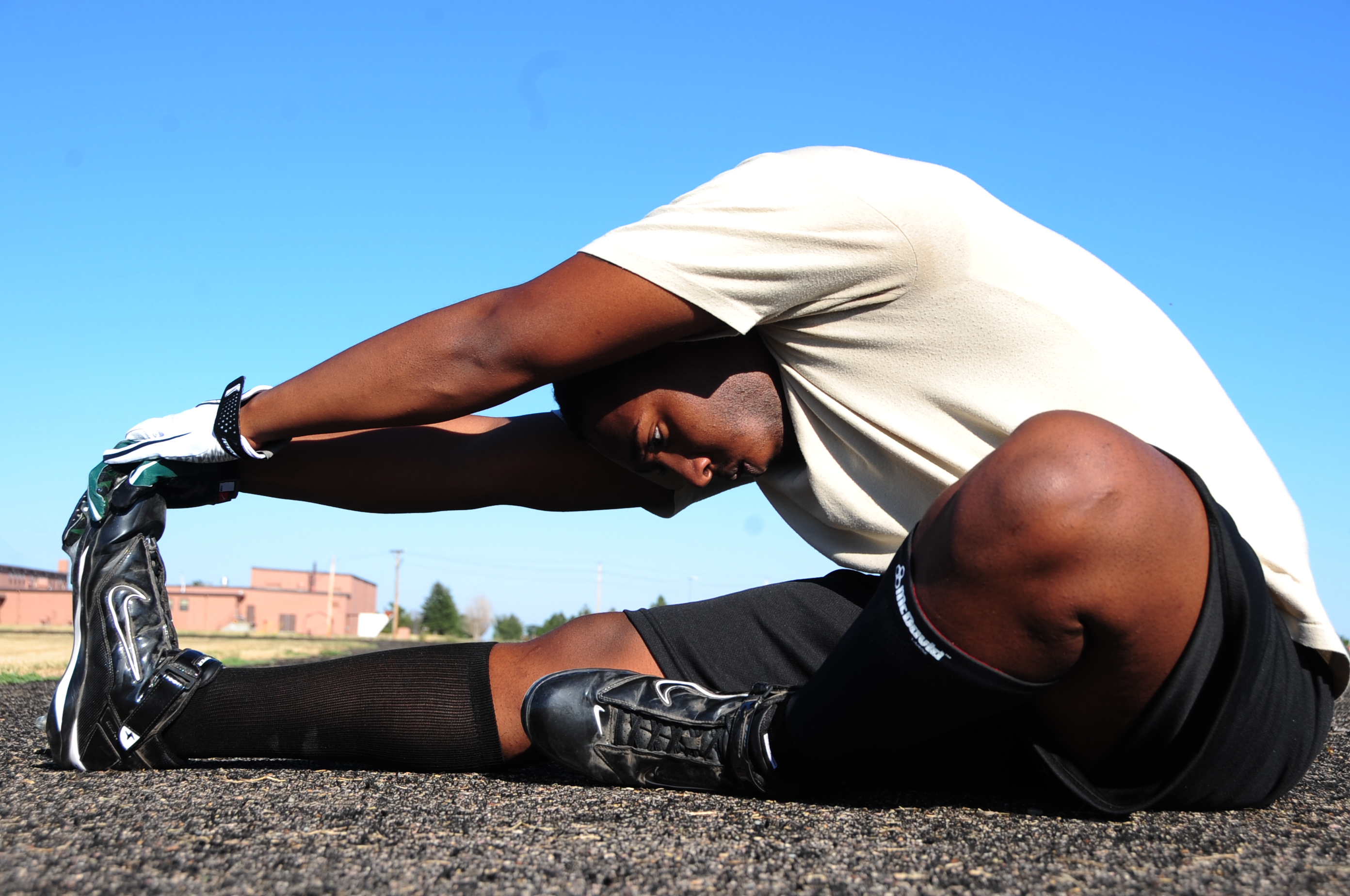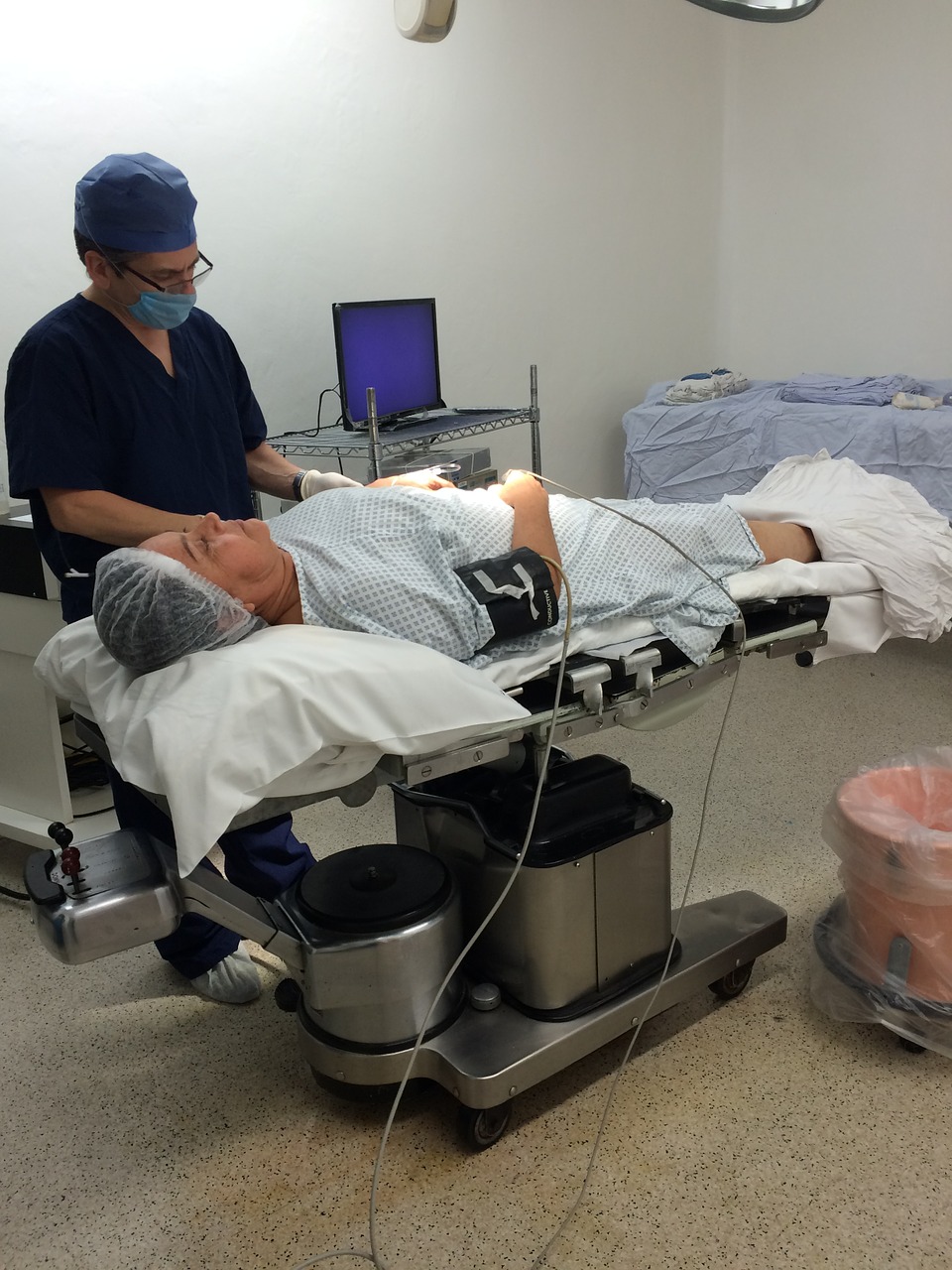STEM
Health
Medicine
Society
Edward Hessler
In July, David Freedman wrote an essay for Atlantic Magazine about the worst patients in the world. Any guess on who he was describing?
Us, Americans.
Freedman tells the story of his father who would have once been labeled by the medical literature as a "'hateful patient,' a term since softened to 'difficult patient'." These are patients who are not only trying to all (family as well as medical staff) but who also require a large amount of medical time and sometimes expense. However, what characterized Freedman's father was "his self-neglect, rather than his hostility, that my father found common cause with the tens of millions of American patients who collectively hobble our health-care system." Freedman describes his father's excesses.
Perhaps the major point of his essay is that high income countries "surpass us in most medical outcomes" and spend "less than America does as a share of GDP." However, we believe and are told that if only we would adopt "their" health care systems, lower costs and better medical outcomes would follow as day becomes night and night becomes day. We never ask or are asked by promoters of health care as a right and for all whether we are also part of the cost and outcomes problem.
Freedman cites a JAMA Internal Medicine study which "reported that 74 percent of the variation in life expectancy across counties is explained by health-related lifestyle factors (inactivity, smoking, obesity, diabetes)," i.e., "what patients do seems to matter much more" than "what providers do."
Among the items Freedman discusses is our habit of overtreatment, the lack of distrust of doctors (although we are not unique here, Chinese patients appear to be worse), our "flagrant disregard for routine care," and the matter of death with the American preference for "heroic end-of-life health-care."

Freedman's essay also serves as a springboard, one I never expected, to a recent segment on Bill Maher where he addressed the obesity epidemic (Susan Perry, MinnPost) in the United States--New Rule:The Fudge Report--Real Time with Bill Maher. (View this at your own discretion. For my purposes it is not necessary that you watch it.). It is these two sentences in the opening that interest me: "All the candidates will talk about their health plan but no one will mention the key factor. The citizens don't lift a finger to help."
If you are interested in details of the obesity epidemic, Susan Perry's essay linked above provides a state by state analysis showing the increase and also points out the known obesity related illnesses such as type 2 diabetes, coronary heart disease, high blood pressure, certain cancers, etc.
And here is the just released report on childhood obesity in America. More than 1 in 7 children ages 10 to 17 are described as obese.
If you are interested in details of the obesity epidemic, Susan Perry's essay linked above provides a state by state analysis showing the increase and also points out the known obesity related illnesses such as type 2 diabetes, coronary heart disease, high blood pressure, certain cancers, etc.
And here is the just released report on childhood obesity in America. More than 1 in 7 children ages 10 to 17 are described as obese.
Freedman and Maher call on Americans to take some control of their health and actively participate in their own health health care in order to address the growing epidemic of health problems over which we have some control.


No comments:
Post a Comment